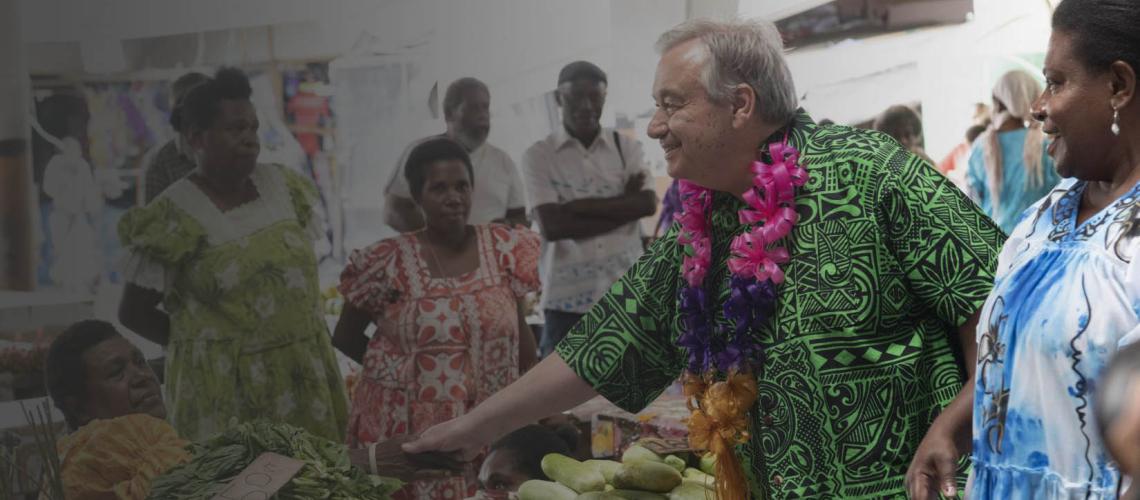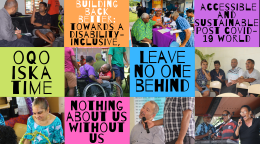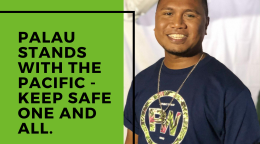Vanuatu

Photo: © UN Pacific
UN Vanuatu Country Team
Resident Coordinator Office
1 / 2
1 / 5
UN Entities in Vanuatu
1 / 32
UN Key Documents
UNDAF/United Nations Sustainable Development Cooperation Framework (CP)
UNDAF / CF START DATE
01 January 2018
UNDAF / CF END DATE
31 December 2022
START OF NEW CF CYCLE
01 January 2023
Latest news and updates
1 / 2















